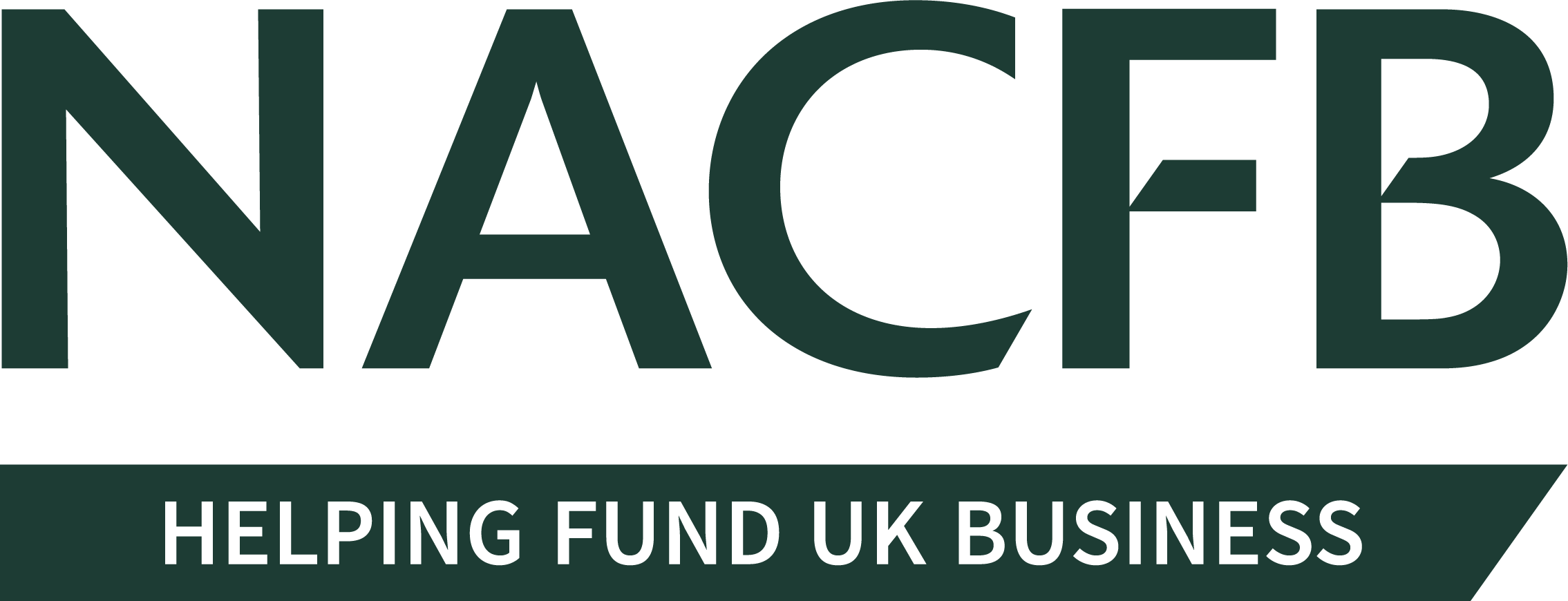Until quite recently, the need for Professional Indemnity Insurance (PII) was rarely questioned by commercial finance intermediaries. For the most part it was taken as given, but a steady stream of reports on the escalating cost of cover coupled with reduced availability across numerous sectors has brought the matter into sharp focus for brokers and other advisory professionals.
Andrew Champion, managing director at Towergate Insurance sums up the situation when he says: “…the PII market is currently the most difficult it has been for probably 40 years. A sustained period of cheap premiums combined with emerging risks has led to losses for insurers and an unprecedented withdrawal of capacity from the market. The far smaller pool of insurers still offering PII has led premiums to spiral and the cover on offer to be restricted in many cases.”
Ian Saxelby, of fellow insurance brokers Lockton, shares that the market finds itself in this position because a 2019 Lloyd’s of London thematic review which found: “…non-USA Professional Indemnity Insurance was the second worst performing class of business amongst its syndicates. It also showed that whilst the frequency of claims may have remained fairly consistent, the severity of claims (the total value of losses experienced) had reached unprecedented levels.”
As reported in the November issue of Commercial Broker, on average, NACFB Members have seen their premiums rise by as much as 500% – with the larger brokerages at the harsher end of the scale. Naturally, I empathise with our Members, particularly, as the vast majority have never had to call on the cover. As an Association, we have been lobbying hard for intervention, but I fear that increased premiums will be the direction of travel for some time to come, and as uncomfortable as it is, we may just have to get used to it.
Another independent trade body has also taken up the issue. Earlier this year Jonathan Geldart, director-general of the Institute of Directors, wrote to business secretary Kwasi Kwarteng warning him about the spiralling costs of PII and directors and officers (D&O) liability cover.
The IoD received a similar response to NACFB lobbying in that HM Treasury said it was engaging with the insurance industry to: “understand what factors are affecting the availability, or increased premium price, of cover across sectors.”
In my opinion, this is not an issue that has the luxury of time to wait for a resolution, so we will continue to pressure for urgent review via both HM Treasury and the Financial Conduct Authority.
Despite the wider market conditions, taking out PII remains critical for the following reasons.
Protection against SME complaints
PII is designed to cover compensation payments and legal fees if a client successfully sues you for making a mistake that leads to financial loss. As a commercial broker, could you really afford to pay out any compensation money if an adjudicator ruled in the client’s favour? Is it even worth the risk?
Consider too, these days, SMEs are more likely to involve lawyers or claims management firms at an earlier stage of the complaints process. “We live in a very litigious world and so PII cannot just be disregarded because premiums and/or excesses increase. If a loss is suffered, a good lawyer will explore all avenues to obtain reimbursement. Any intermediary involved in a transaction could certainly find themselves in the crosshairs,” says Ian Saxelby.
He makes a valid point. As a broker would you have the perspicacity or time to deal with these representatives in the appropriate manner? The insurance companies do, and they may be more likely to resolve the complaint faster and in your favour – if you can prove compliance with the necessary processes and procedures.
Remember, there is always someone on the lookout for the next PPI-type scandal and whilst I’ve no reason to believe that commercial finance brokers might be in the firing line, who knows what sort of complaints could emerge a few years from now?
Andrew Champion said: “…the costs of defending against spurious claims can be prohibitive and without such cover in place, even if it is not a regulatory requirement, firms are exposed to potentially existential risk.”
Reassurance for SMEs
Discerning SMEs will only do business with intermediaries who are properly protected. Knowing that their broker has PII in place gives them peace of mind. This means that not only can cover help to win business, it also acts as a great marketing tool.
Lenders require PII of brokers
Some lenders require brokers to have PII cover as a prerequisite of doing business. That’s all very well but it’s not a universal standard and currently, there are some inconsistencies in administration from the lenders which do require it. Some will check PII is in place for every deal; others will check annually; and, we know anecdotally at least, that some lenders are prepared to look the other way for a broker without cover if the deal is big enough.
FCA requirements
Whilst PII is required of brokers engaging in regulated activities such as financial advice, insurance distribution, or mortgage credit intermediation, from what I can see, there is no universal regulatory requirement for brokers to maintain PII cover. Perhaps this is not surprising given the breadth of sectors, activities and products covered by financial intermediaries.
However, when discussing this with one of our Patron lenders, it was suggested to me the FCA Handbook does set out a number of high-level standards in its Principles for Business (PRIN 2.1 The Principles) which, it could be argued, suggest that PII would be required to fulfil some of the tenets. I won’t list them all here but urge you to take a look when you get a moment. The debate in this regard is ongoing.
PII is a requirement of NACFB membership
Like many other professional membership bodies who provide advice, offer a professional service, or handle client data and intellectual property, the NACFB has required its Member brokers to have PII since 2002.
In my opinion, it is integral to doing business the right way. Published in our Code of Practice, this sentiment is at the core of the NACFB’s mission to embrace the highest industry and regulatory standards.
Do asset finance brokers need PII?
There is though some debate from asset finance brokers who argue that PII is not relevant to their business model because they do not give advice, nor do they charge the client a fee. Instead, they present options from which the client is free to choose or go elsewhere. Any fiduciary relationship therefore rests with the lender.
Mike Geddes, NACFB board director, would take the argument a step further. He says that by taking out PII, the act itself could be a tacit acknowledgement that asset brokers are providing advice. At present, this premise remains untested, but it is an interesting point which deserves some consideration.
Mike went on to say: “From the viewpoint of my own brokerage, I would agree that before the cost of premiums skyrocketed, we hadn’t questioned the need for PII but now it seriously impacts cashflow and takes up a much larger proportion of our budget. We could employ three more people for what it costs us. Fortunately, we can accommodate the expenditure and believe our processes and procedures are sufficiently robust to knock back any potential claim. In the 15 years since inception, our brokerage has never had to call on its PII cover which has prompted us to question its true value and consider alternatives such as self-insurance.
“Having said that, I recognise that many asset brokers are not in such a strong financial position and we have to consider what’s best for our sector not just ourselves. That’s where the NACFB comes in – to question and to guide – as well as to lobby.”
The future
Andrew Champion says: “We do not yet see any sign of capacity returning to the market meaning that the situation is unlikely to improve before the end of 2021. Ironically though, it is more important than ever to have good PII in place. The economic downturn caused by COVID is expected to lead to more claims. Businesses under financial pressure look for alternative sources of income and a claim through a no-win, no-fee law firm might seem like an attractive option if cashflow is tight.”
As it stands, our lobbying will continue. We will also continue to discuss and debate the issue to find other solutions to help our Members and their clients. We know that we cannot force insurers to provide cover if they deem the risks too great, but the current situation is detrimental to the entire market. Insurers could price themselves out. Lenders could see business diminish. Brokers could exit the sector. And clients – the SMEs – could suffer from reduced choice at a time when access to finance remains valuable and in demand.


